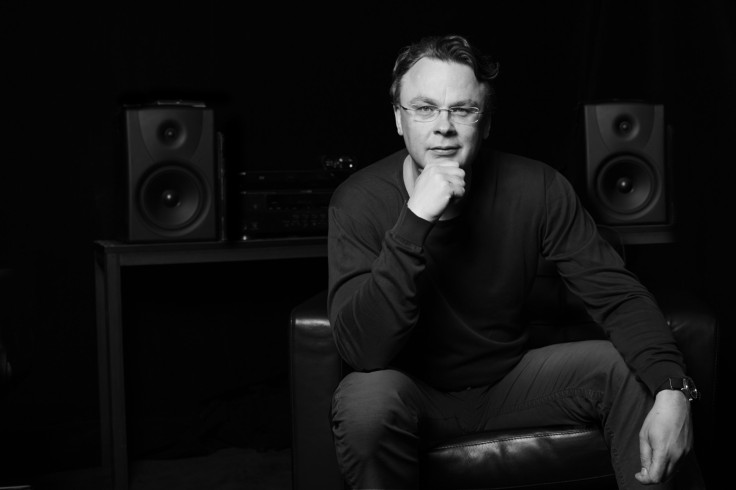Kobalt Gets Google Backing To Reinvent Music Business For The Age Of Spotify

The biggest music infrastructure company you’ve never heard of just closed a funding round meant to give it a global footprint. The New York-based Kobalt Music announced Friday morning that it has closed a $60 million series C funding round led by investors including Google Ventures, MSDC Management and Dell founder Michael Dell’s MSD Capital, which invested in previous Kobalt rounds. The funding round will go toward aggressively expanding the company's footprint and capabilities around the world.
“There’s a lot of work that needs to be done on a global scale,” Kobalt founder and CEO Willard Ahdritz told International Business Times. “This investment will go for global infrastructure.”
Though income from digital music streams has become increasingly vital as digital and physical sales decline, industry infrastructure has not kept up with this shift. Music publishers are now required to keep track of billions of transactions on a monthly basis, and because of the complexities involved, income from those streams can take months, or even years, to reach its rightful owners.
There are also large swaths of the globe where digital infrastructure required to monitor and track this money is not yet in place. “Today, we see zero money from South America, zero money from the Middle East or Russia,” Ahdritz said. “Mexico, Brazil and Argentina are big markets where we see no income.”
Ahdritz aims to change that with the recently secured funding. Kobalt will use the $60 million to double the size of its technology team and open offices in Miami, Brazil and Southeast Asia.
Though it’s unknown to most music consumers, Kobalt has grown into a giant in the world of music publishing. It has posted 40 percent growth year over year for the past decade, and today the company works with some 8,000 songwriters and more than 500 different music labels around the world. Its artists’ hit songs are fixtures on our radio stations and in our phones, and according to Ahdritz, the music in Kobalt’s catalog now reaches 1.5 billion around the world.
Kobalt has achieved this growth by building a music publishing business optimized for tracking microtransactions on a massive scale. That's light-years removed from the original world of music publishing, the now anachronistically named side of the music business that came into being back when people bought sheet music of their favorite songs. In those days, publishing companies would either print the sheet music themselves or license its reproduction to others, and the composers would see a share of the profits. Today, publishing income refers to money that changes hands when a song is played on the radio, on a website like YouTube, or through an app like Pandora or Spotify.
While most companies would be content to frame their moves and investments in the context of gaining market share, Ahdritz and his team often frame Kobalt’s growth as a necessary step toward building a more equitable system for artists and especially songwriters.
“What I said in 2002 was [that] this needs to be fixed or we don’t have an industry,” Ahdritz said. “If a songwriter can't get paid at the end of the value chain, those people will not continue to work.”
Unlike artists, who earn digital royalties for their performance of a given song and for songwriting credit if they participated in that process, songwriters have seen their revenues dry up significantly. Many have reported seeing their royalty incomes fall by more than 60 percent.
Ahdritz said a new system that offers more transparency across the industry is a necessary precursor to any larger discussion about reforming a system that that is structurally biased against songwriters. “Then you have the discussion of what is fair to be paid,” Ahdritz said.
© Copyright IBTimes 2024. All rights reserved.











